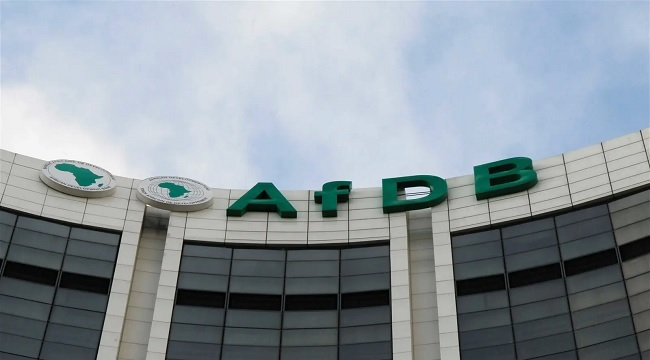Major Fuel Facility Announce Price Cut, Raising Hopes for Cheaper Petrol in Nigeria
LAGOS, Nigeria – Nigerians may soon experience some relief at the fuel pump as a major 650,000-barrel capacity petroleum facility has announced a significant reduction in its loading costs.
The facility has informed marketers and customers of the downward review, slashing its ex-gantry price to N865 per litre, a move poised to potentially ease the burden of high fuel prices currently gripping the nation.
This downward adjustment at the ex-gantry level, which is the price at which marketers buy fuel from storage facilities, is expected to translate to lower prices at filling stations across the country.
The facility’s decision to reduce its loading cost suggests a proactive approach to mitigate the rising cost of petrol and improve affordability for consumers.
Sources familiar with the development confirmed that the facility, a key player in the Nigerian petroleum distribution network, communicated the price reduction in a notice to its stakeholders.
The move is being widely interpreted as a positive signal and a welcome intervention at a time when Nigerians are grappling with escalating living costs, partly driven by high fuel prices.
“This is potentially good news for Nigerians,” commented energy analyst, Mr. Dele Johnson. “A reduction in the ex-gantry price is a crucial first step. If marketers pass on these savings, we could see a noticeable dip in pump prices, which would ultimately ease pressure on transportation costs, businesses, and household budgets.”
The impact of this price reduction will depend on various factors, including market dynamics, transportation costs for marketers, and retail margins.
However, the initiative taken by the 650,000-barrel facility is undoubtedly a step in the right direction and signals a potential shift towards more affordable fuel prices in the near future.
Consumers and businesses alike will be closely monitoring filling stations in the coming days and weeks to see if this reduced ex-gantry price translates into tangible savings at the pump.
If effectively passed down the supply chain, this price adjustment could offer much-needed respite and contribute to a more stable and affordable fuel market in Nigeria.
Tolu Adebayo
Reporter/ Social Media Manager




